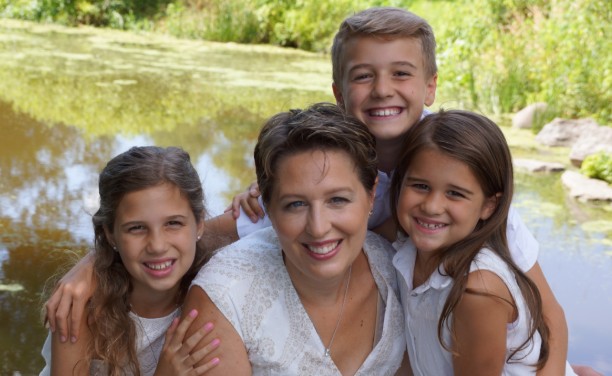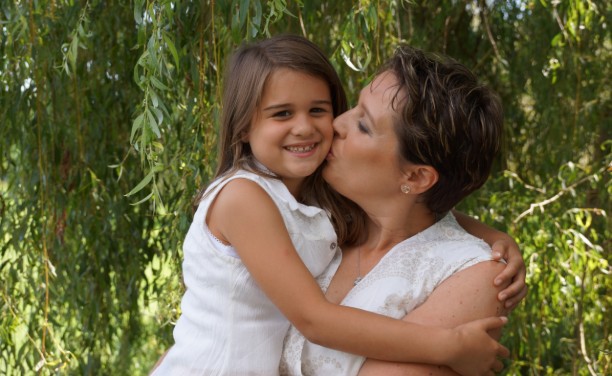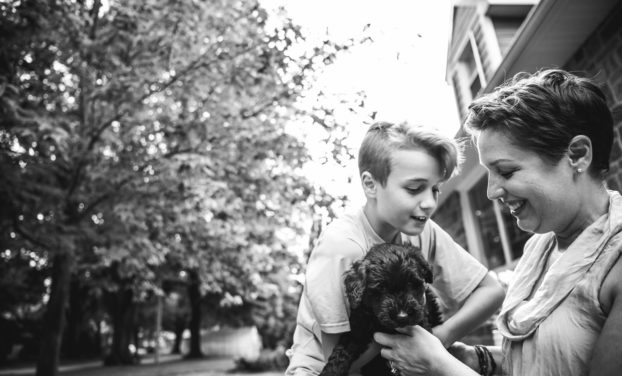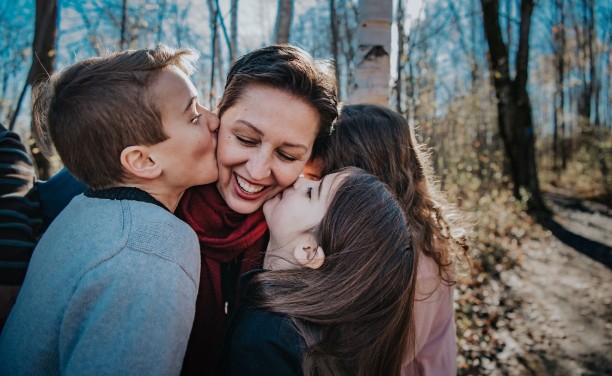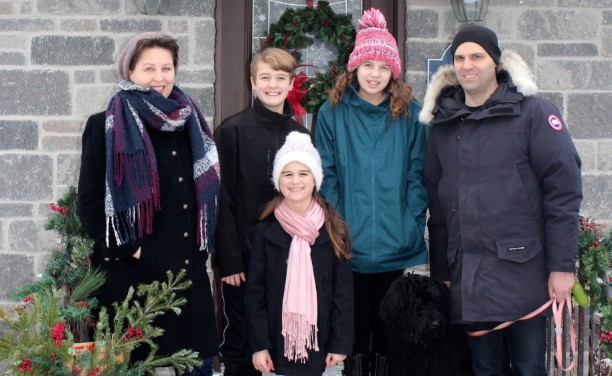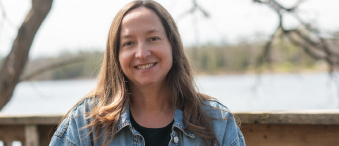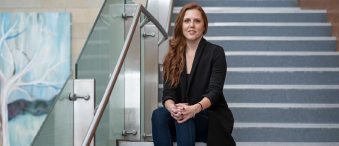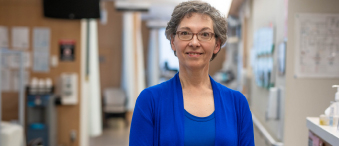Story by Vesna Zic-Côté
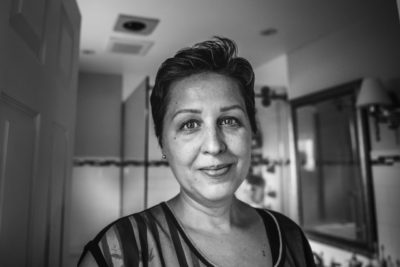 “In 2012, I was diagnosed with early stage breast cancer. Despite the standard treatment of surgery, chemotherapy, radiation and hormonal treatment, the cancer returned four years later, having spread to my lungs, bones and lymph nodes.
“In 2012, I was diagnosed with early stage breast cancer. Despite the standard treatment of surgery, chemotherapy, radiation and hormonal treatment, the cancer returned four years later, having spread to my lungs, bones and lymph nodes.
I received my diagnosis of incurable stage 4 metastatic breast cancer on my son’s birthday. He was nine.
My world as I knew it ended. I was sitting upstairs on my bed. I could hear the kids playing downstairs. I called my husband at work and he came home and we cried.
It is a tradition in our home that on our kids’ birthdays, we go out to a restaurant of their choosing for dinner. So on the day my world ended, I sat in a restaurant and ordered some food and tried to eat cardboard, but couldn’t get the food to go down. I looked at the birthday boy and held the tears in, and my heart shattered in a million pieces.
Metastatic breast cancer is treatable, but not curable. When I was first diagnosed, my life expectancy was being measured in months. Now with cautious hope, it might be a few years. I go to the Hospital every 28 days to get injections. They are part of a series of targeted treatments I receive to keep the cancer cells at bay. One day, the cancer will figure out how to grow despite this treatment, and I will move onto something else. And I’ll continue this endless cycle of treatments and scans and progression and change until I am out of options. But I am a 43-year-old mother. And wife. And daughter. And sister. I need more time. Time to see my young children through elementary school. Time to watch my family grow and share in all the joys that life brings. Time to celebrate anniversaries with my husband and birthdays with my niece and nephews. Time with my beloved family and friends.
There is so much that needs to happen to make this a reality for me. I will need new treatments when my current regimen stops working – because it will stop working. I need research in cancer therapies and a health-care system that is streamlined and accessible.
Sadly, early detection does not prevent all cancers from returning and spreading. We need research to understand why, and treatment to extend our lives.
When I was first diagnosed, my focus was limited, directed inwards, focused on those dearest to me. During that time of learning about this new world, I absorbed every detail I could about metastatic breast cancer; living with metastatic breast cancer, treating metastatic breast cancer, dying metastatic breast cancer. A few names came to the forefront; those making noise, shifting opinions, moving the dial on research and progress. Months into treatment, when I could finally breathe again, I knew that I wanted to be part of this movement, part of the noise, part of the shift. I needed to validate this situation that I didn’t ask for in order to accept that it was part of my story whether I liked it or not.
For now, I have energy to cast outward. Not every day, but some days. Writing, fundraising, speaking, meeting. And I would say that the way I live my life has influenced my children who actively participate in my fundraising efforts with enthusiasm. They don’t need to feel embarrassed that their mom has cancer. Instead, they can feel like they are doing something to help me by climbing trees and selling apples, doing presentations on their fundraising efforts, wearing pink laces, and making signs, helping the doctors and researchers to find better medicines. Regardless of where we eventually land, I want them to be able to look back on all the good things that they did, and know that their efforts warmed many, many hearts… mine most of all.
On behalf of all of us living with incurable cancer – finding joy between injections and scans and blood work and appointments, living with hope and making a difference – thank you for your support.”
– Vesna
The Ottawa Hospital is a leading academic health, research, and learning hospital proudly affiliated with the University of Ottawa.


